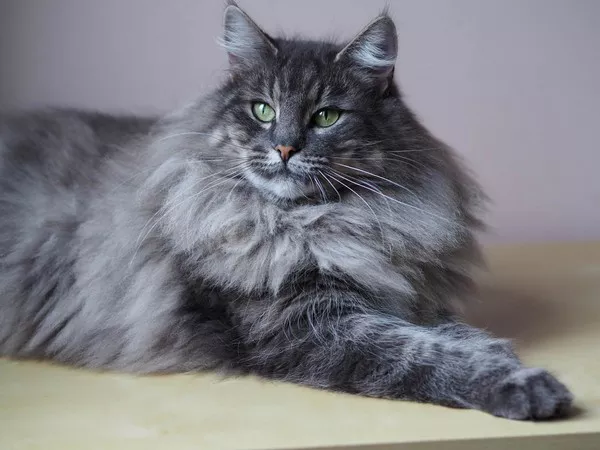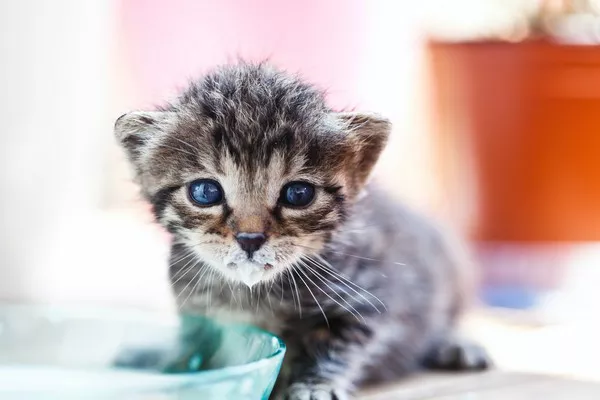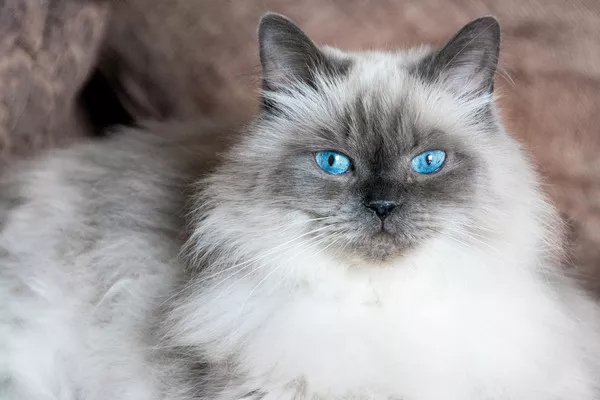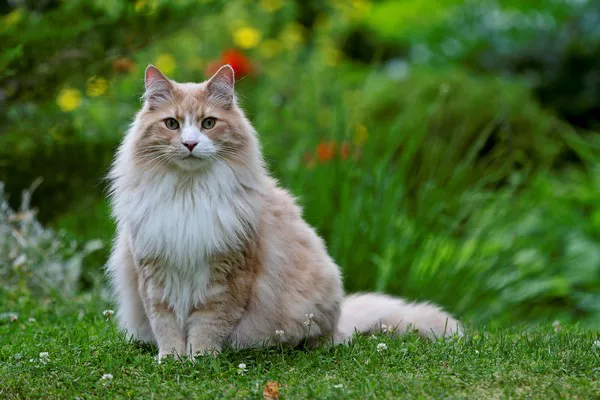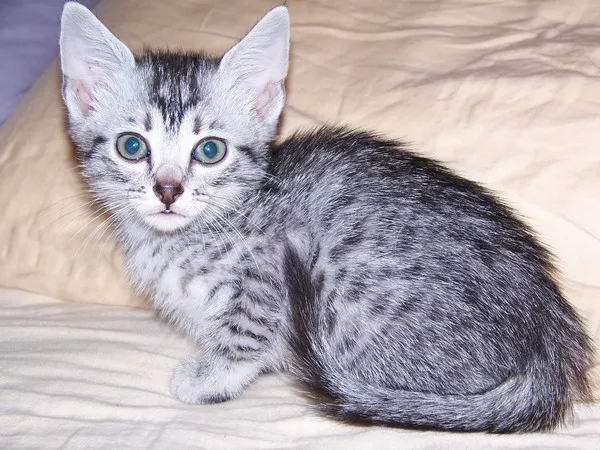Norwegian Forest Cats, often referred to as “Wegies” by enthusiasts, are a captivating and robust breed known for their striking appearance and affectionate nature. As with any cat breed, prospective owners may wonder about their health and whether they are prone to specific issues. In this comprehensive guide, we will delve into the health of Norwegian Forest Cats, addressing common myths and providing insights into their overall well-being.
The Resilience of Norwegian Forest Cats
Norwegian Forest Cats, with their majestic appearance, lush double coats, and captivating emerald eyes, are believed to have originated in the forests of Norway centuries ago. These cats developed unique adaptations to thrive in a challenging environment, which contributes to their robust health.
Myth 1: Norwegian Forest Cats are Prone to Respiratory Issues
One common misconception is that Norwegian Forest Cats are susceptible to respiratory problems due to their long, dense fur. While it’s true that their fur requires regular grooming to prevent matting, it doesn’t inherently lead to respiratory issues.
Proper grooming and maintaining a clean living environment can help prevent respiratory problems in all cat breeds, not just Norwegian Forest Cats. Ensuring good air quality and monitoring for allergens are essential steps for keeping any cat healthy.
Myth 2: Norwegian Forest Cats are Predisposed to Hip Dysplasia
Hip dysplasia is a condition characterized by abnormal development of the hip joint, leading to pain and mobility issues in some cat breeds. However, Norwegian Forest Cats are not among the breeds commonly predisposed to this condition.
While hip dysplasia can affect any cat, breeders usually prioritize the health of their breeding cats and screen for such hereditary issues. Responsible breeders select breeding pairs with healthy hips to reduce the risk of passing on this condition to their offspring.
Myth 3: Norwegian Forest Cats are Susceptible to Dental Problems
Oral health is a concern for many cat breeds, including Norwegian Forest Cats. While it’s not accurate to say that Wegies are inherently prone to dental issues, they can develop dental problems without proper care.
Regular dental care, such as brushing their teeth and providing dental treats or toys, can help prevent dental issues in Norwegian Forest Cats, just as it does in other breeds. Dental hygiene should be a routine part of caring for any cat.
Common Health Considerations for Norwegian Forest Cats
Like all cat breeds, Norwegian Forest Cats may encounter specific health issues. Responsible breeders aim to minimize these concerns through genetic testing and proper care. Here are some considerations:
Hypertrophic Cardiomyopathy (HCM): HCM is a common heart condition in cats, including Norwegian Forest Cats. Breeders often screen their cats for this genetic condition to reduce its prevalence.
Polycystic Kidney Disease (PKD): PKD is an inherited condition that causes the growth of cysts in the kidneys. Ethical breeders test their cats for PKD and avoid breeding cats with this condition.
Obesity: Norwegian Forest Cats are not immune to obesity, especially if they lead a sedentary lifestyle. Maintaining a balanced diet and providing opportunities for exercise are vital to preventing obesity.
Maintaining the Health of Norwegian Forest Cats
To ensure the well-being of your Norwegian Forest Cat, consider the following guidelines:
Regular Veterinary Check-ups: Schedule routine check-ups with your veterinarian to monitor your cat’s health and address any concerns promptly.
Balanced Diet: Provide a well-balanced diet appropriate for your cat’s age and activity level. Consult your veterinarian for dietary recommendations.
Grooming: Regularly groom your Wegie to prevent matting and minimize shedding. Brushing their fur, trimming their nails, and cleaning their ears are essential aspects of grooming.
Dental Care: Prioritize dental hygiene with regular brushing or dental treats to prevent dental problems.
Indoor Living: Consider keeping your Norwegian Forest Cat indoors to protect them from potential hazards and reduce exposure to health risks.
Conclusion
Norwegian Forest Cats are generally healthy and resilient felines with a few specific considerations. Dispelling common myths about their health is crucial to understanding and caring for these magnificent cats properly. Responsible breeding practices, regular veterinary care, and a loving home environment can contribute to the longevity and well-being of Norwegian Forest Cats, ensuring they lead happy and healthy lives as cherished companions.

